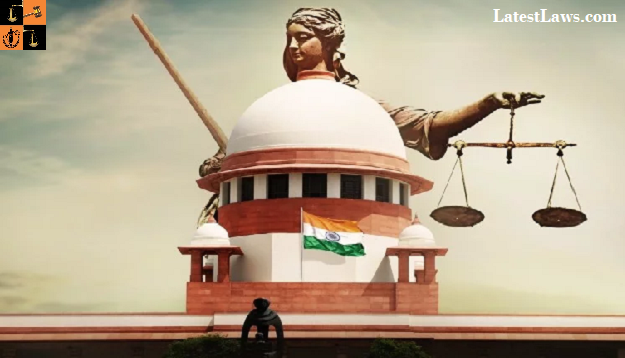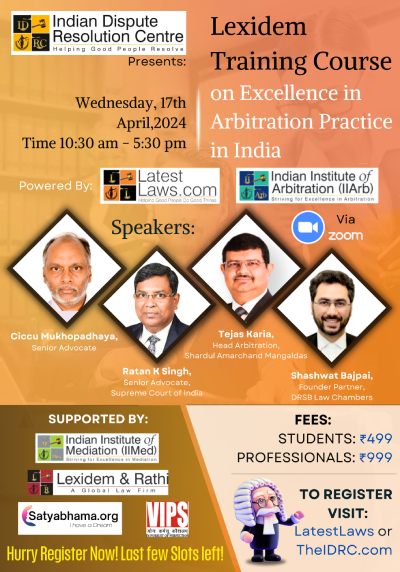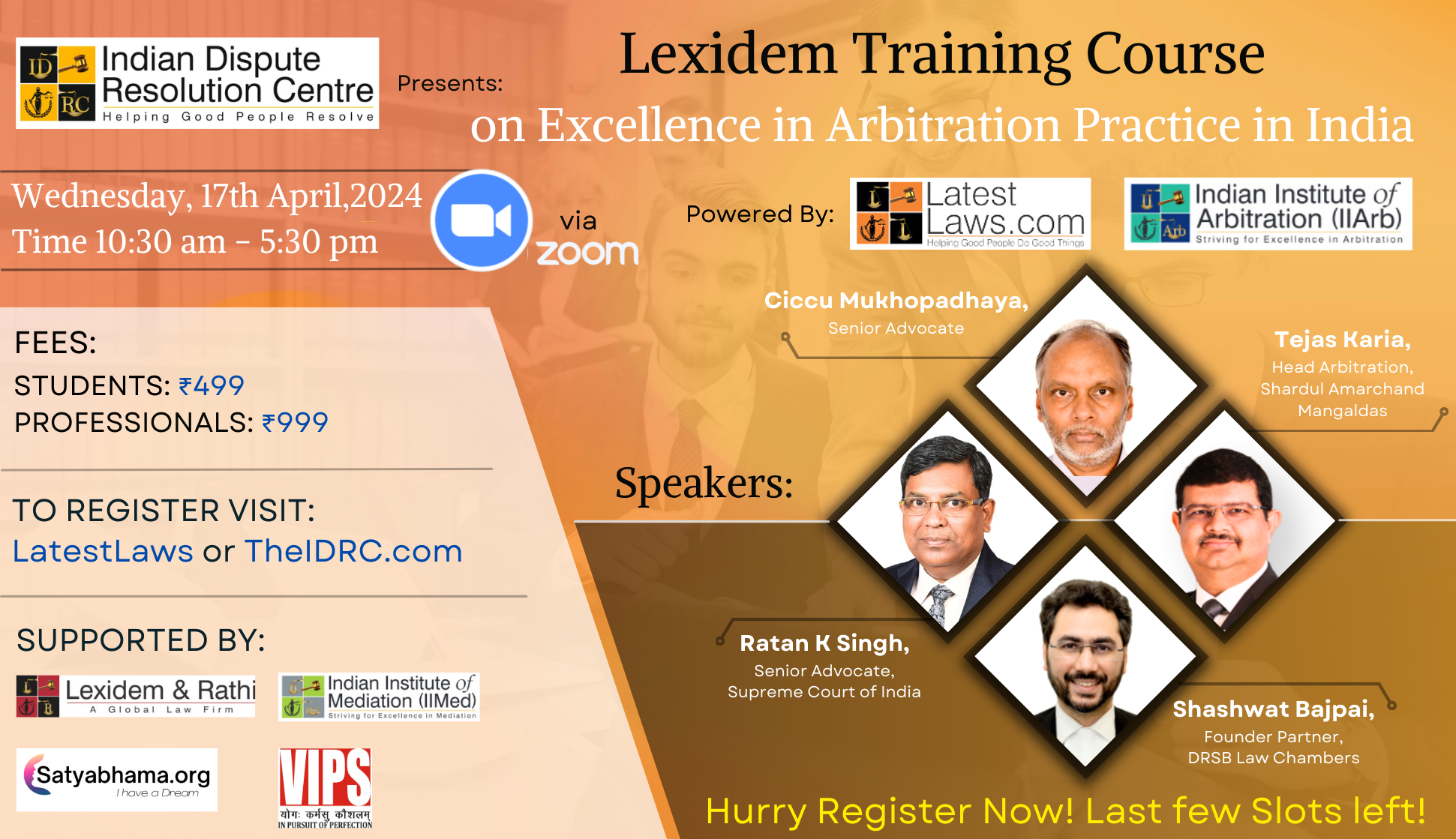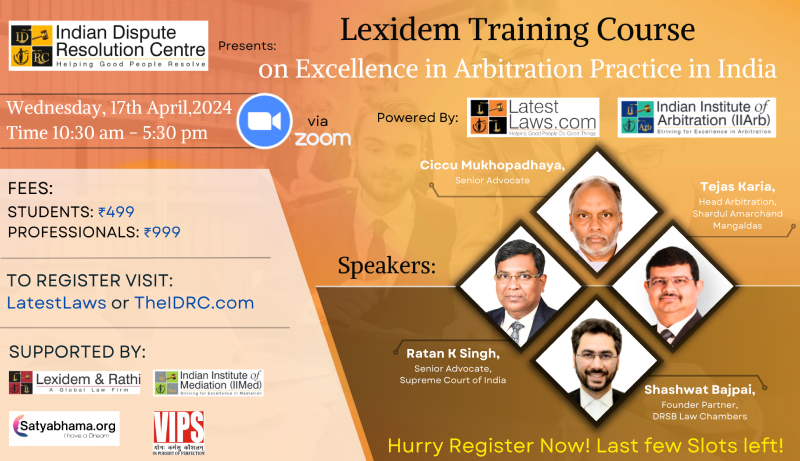Did a late night letter on Monday from 20 renowned advocates of Delhi and Mumbai accusing the Supreme Court of exhibiting symptoms of its Emergency-time mindset help change the court’s reluctance to entertain PILs on the plight of migrant workers to take suo motu cognisance of the crisis and seek response from the Centre and states in 48 hours?
The letter signed by 20 advocates, including P Chidambaram, Kapil Sibal, C U Singh, Vikas Singh, Prashant Bhushan, Iqbal Chagla, Aspi Chenoy, Yusuf Muchala and Janak Dwarkadas, said:
The letter, mailed by senior advocate Indira Jaising who is also a signatory, to the CJI at 10.34 pm on Monday said:
The lawyers alleged that the SC’s failure to intervene at the initial stages when Covid-19 cases were in the hundreds resulted in massive migration of workers in May.
They said:
“When arrangements were made to transport them by road, they were often left at the borders of the receiving states, which at times were unwilling to make any further arrangements for them to let them enter or reach their homes, or provide transport, almost as if this was not one country with a common citizenship. The right to life, liberty and freedom of movement of these hapless poor millions was rendered virtually meaningless in such circumstances,” said the lawyers, who also included Sidharth Luthra, Mohan Katarki, Anand Grover, Santosh Paul, Mahalaxmi Pavani, Mihir Desai, Rajani Iyer, Rajiv Patil, Navroz Seervai, Gayatri Singh and Sanjay Singhvi.
Source Link
Picture Source :




























